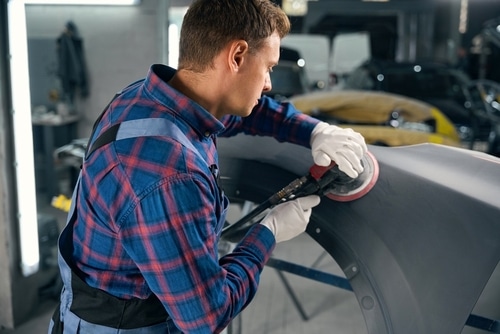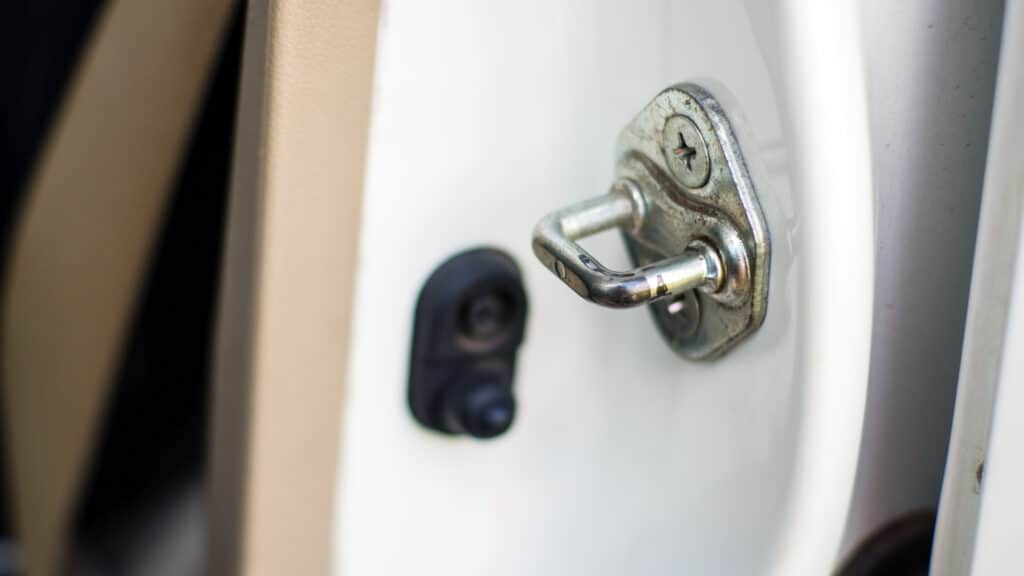
When it comes to the California Lemon Law, knowledge is power. We at Lemon Law Help are passionate about providing vehicle owners with quality and accurate news and information. Read about lemon law news, such as vehicle recalls and lawsuits here. You can also search specific information about manufacturers, keywords and of course, California lemon law.







